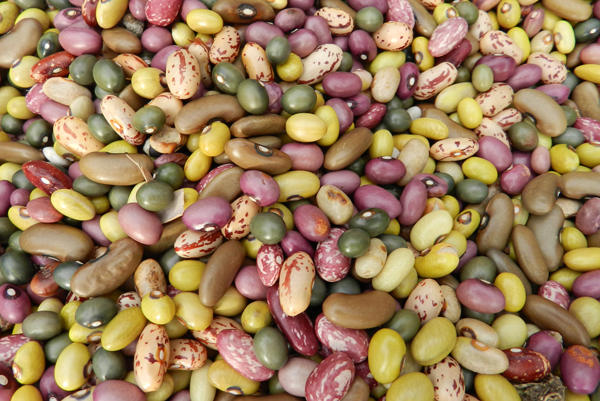Pulses are praised for health, ecological and economic benefits

Italy's permanent representation to the Food and Agriculture Organization of the UN (FAO), Bioversity International and FAO co-hosted an event showcasing how pulses can contribute to Sustainable Development Goals.
Italy's permanent representation to the Food and Agriculture Organization of the UN (FAO), Bioversity International and FAO co-hosted an event showcasing how pulses can contribute to Sustainable Development Goals.
"Pulses are good for people, and are good for soils," Eduardo Mansur, the head of FAO's land and water division, said today at an event that highlighted the promising future of edible seeds such as lentils, chickpeas and pigeon peas, all often neglected in the shadow of the world's major staple grains.
The event - Soils and pulses; symbiosis for life - was sponsored by Italy's permanent representation to FAO, led by Ambassador Pierfrancesco Sacco, along with Bioversity International and FAO itself, and drew a strong link between the International Year of Pulses and the 2030 Sustainable Development Agenda.
Participants highlighted how pulses offer exceptional nutritional inputs to human diets, are economically affordable, use relatively little water compared to other protein sources, and also reduce the need for industrial fertilizers. They are even gluten-free, Mansur noted.
Feeding iron-rich lentils to Sri Lankan children for 60 days led to a drastic 90 percent increase in their blood profiles, showing remarkable efficacy for anaemia and other malnutrition issues in developing countries, according to the keynote speech from Mahmoud Solh, Director General of the International Center for Agricultural Research in the Dry Areas (ICARDA).
Pulses can also fix hefty quantities of nitrogen in the soil, boosting fertility and reducing - by millions of tonnes globally - the need to apply the key nutrient for food crops. Fava beans are the champions in this regard, but even dry beans can add up to 70 kilograms per hectare, Solh said. He spoke via video link from Marrakech, where ICARDA and FAO are hosting a workshop promoting pulses in African agriculture.
Paola De Santis, a researcher at Bioversity International, showcased research her organization is doing in Uganda, Marocco and other countries on improving bean seed quality to enhance productivity as well as genetic diversity of key pulses varieties, which can be leveraged to boost plant resistance to diseases and pests.
Read the original blog post on FAO's website
